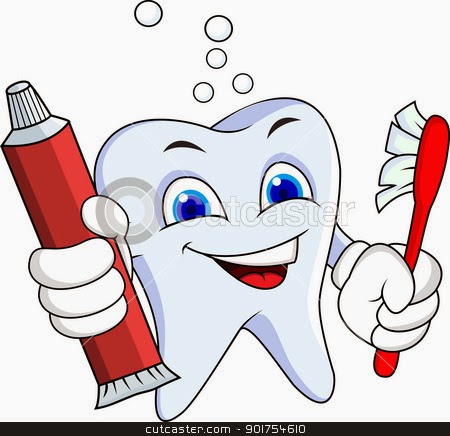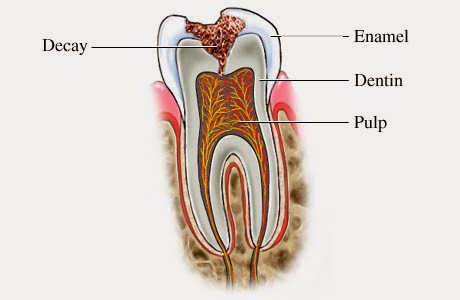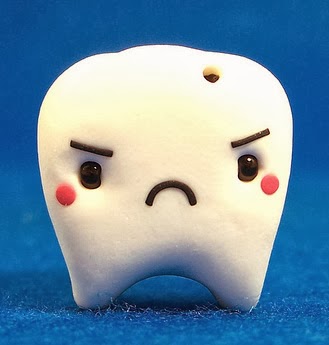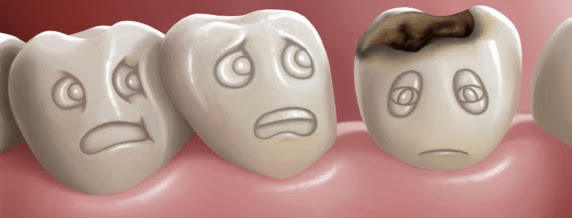ABOUT THE POET

·
Name – Pam Ayres
Name – Pam Ayres
·
Born – 14 march 1947
Born – 14 march 1947
·
Known as a poet, songwriter, presenter of
radio and Tvs.
Known as a poet, songwriter, presenter of
radio and Tvs.
·
In 2011 she wrote her biography “The necessary
aptitude- A memoir” which unveils her life history.
In 2011 she wrote her biography “The necessary
aptitude- A memoir” which unveils her life history.
·
She appeared in the Tv programmes like
“Just a minute”. “Say the word”’ “That reminds me” during 1996 – 1999.
She appeared in the Tv programmes like
“Just a minute”. “Say the word”’ “That reminds me” during 1996 – 1999.
·
Her famous poems are –
Her famous poems are –
1) “OH,
I WISH I’D LOOKED AFTER ME TEETH
I WISH I’D LOOKED AFTER ME TEETH
2) “YES
I’LL MARRY YOU, MY DEAR.
I’LL MARRY YOU, MY DEAR.
3) “WOODLAND
BURIAL”
BURIAL”
4) “THEY SHOULD HAVE
ASKED MY HUSBAND”.
ASKED MY HUSBAND”.

STRUCTURE OF THE POEM
·
The poem is of 35 lines (total 7 stanzas)
The poem is of 35 lines (total 7 stanzas)
·
The rhyme scheme of the poem is AABBA
The rhyme scheme of the poem is AABBA
·
Poetic devices in use
Poetic devices in use
a) Repetition – “Oh, I
wish I’d looked after me teeth”
wish I’d looked after me teeth”
b) Alliteration – “
sweet sticky” (stanza-1)
sweet sticky” (stanza-1)
– “ much more” (stanza-2)
– “there than” (stanza-2)
– “them the toothpaste” (stanza-4)
– “cavities, caps” (stanza-5)
c) Antithesis – “sherbet dobs, big and little,”
– “all that hard peanut brittle”

TEXTBOOK SOLUTIONS
5.
a) “……But up and down brushin’
a) “……But up and down brushin’
And pokin’ and fussin’
Didn’t seem worth the time – I
could bite!”
could bite!”
= what do these lines convey?
Ans:- These
lines are the perfect embodiment of the poet’s careless attitude towards her
teeth. To her brushing her teeth was just an annoying and waste of time. To her
the different sweets, chocolates and candies have high importance than brushing
up and down.
lines are the perfect embodiment of the poet’s careless attitude towards her
teeth. To her brushing her teeth was just an annoying and waste of time. To her
the different sweets, chocolates and candies have high importance than brushing
up and down.
b) Why did the poet go the dentist? How
could she have avoided it?
could she have avoided it?
Ans:- As
the poet had been careless about the care of her teeth, she had to meet to
consequences. She had a number of oral problems. One of them had been cavities.
To fill the cavities she had to visit the dentist.
the poet had been careless about the care of her teeth, she had to meet to
consequences. She had a number of oral problems. One of them had been cavities.
To fill the cavities she had to visit the dentist.
She
could have easily avoided this horrible situation by proper, regular brushing
and abstaining the harmful sweets, chocolates and candies.
could have easily avoided this horrible situation by proper, regular brushing
and abstaining the harmful sweets, chocolates and candies.

c) “
If you got a tooth, you got a friend”.
If you got a tooth, you got a friend”.
-what do you understand from the
line?
line?
Ans:- There
is no denying that teeth are important for look and for our beauty. It is important because it is
very important for our good health. Teeth help us to chew food. If we chew our
food properly, we shall have a proper digestion of food which is the key to
good health.
is no denying that teeth are important for look and for our beauty. It is important because it is
very important for our good health. Teeth help us to chew food. If we chew our
food properly, we shall have a proper digestion of food which is the key to
good health.
d) With reference to the poem, how can you
look after your teeth?
look after your teeth?
Ans:- Indeed,
the poem is didactic in nature. The poem indirectly warns and as well as
instructs us to have healthy teeth. We can look after of our teeth in the
following ways.
the poem is didactic in nature. The poem indirectly warns and as well as
instructs us to have healthy teeth. We can look after of our teeth in the
following ways.
a)
We need to avoid sweet sticky food.
We need to avoid sweet sticky food.
b)
We need to brush twice a day and in a proper method.
We need to brush twice a day and in a proper method.
c)
We need to visit a dentist at regular basis to ensure the healthy state of our
teeth.
We need to visit a dentist at regular basis to ensure the healthy state of our
teeth.
e) Give an appropriate proverb that conveys the
message that this poem carries.
Ans:- The
following proverb goes near to the meaning of the poem –
following proverb goes near to the meaning of the poem –
“Prevention
is better than cure.”
is better than cure.”
7) In line 35 the poet has miss-spelt the
word ‘amalgum’. Why do you think she has done that? Discuss.
word ‘amalgum’. Why do you think she has done that? Discuss.
Ans:- This
mistake of ‘amalgum’ is a conscious one by the poetess. She wants us to read it
so because –
mistake of ‘amalgum’ is a conscious one by the poetess. She wants us to read it
so because –
-She wanted us to be
conscious about the horrible outcome of carelessness about teeth resulting in
amalgamation.
conscious about the horrible outcome of carelessness about teeth resulting in
amalgamation.
-This is deliberately to
attract the children who love chewing gums as the word ends in ‘gum’
attract the children who love chewing gums as the word ends in ‘gum’
-This is used like “me
teeth”, ‘me choppers” so that the readers will be attracted to the word
thinking it to be wrong.
teeth”, ‘me choppers” so that the readers will be attracted to the word
thinking it to be wrong.

You may also like